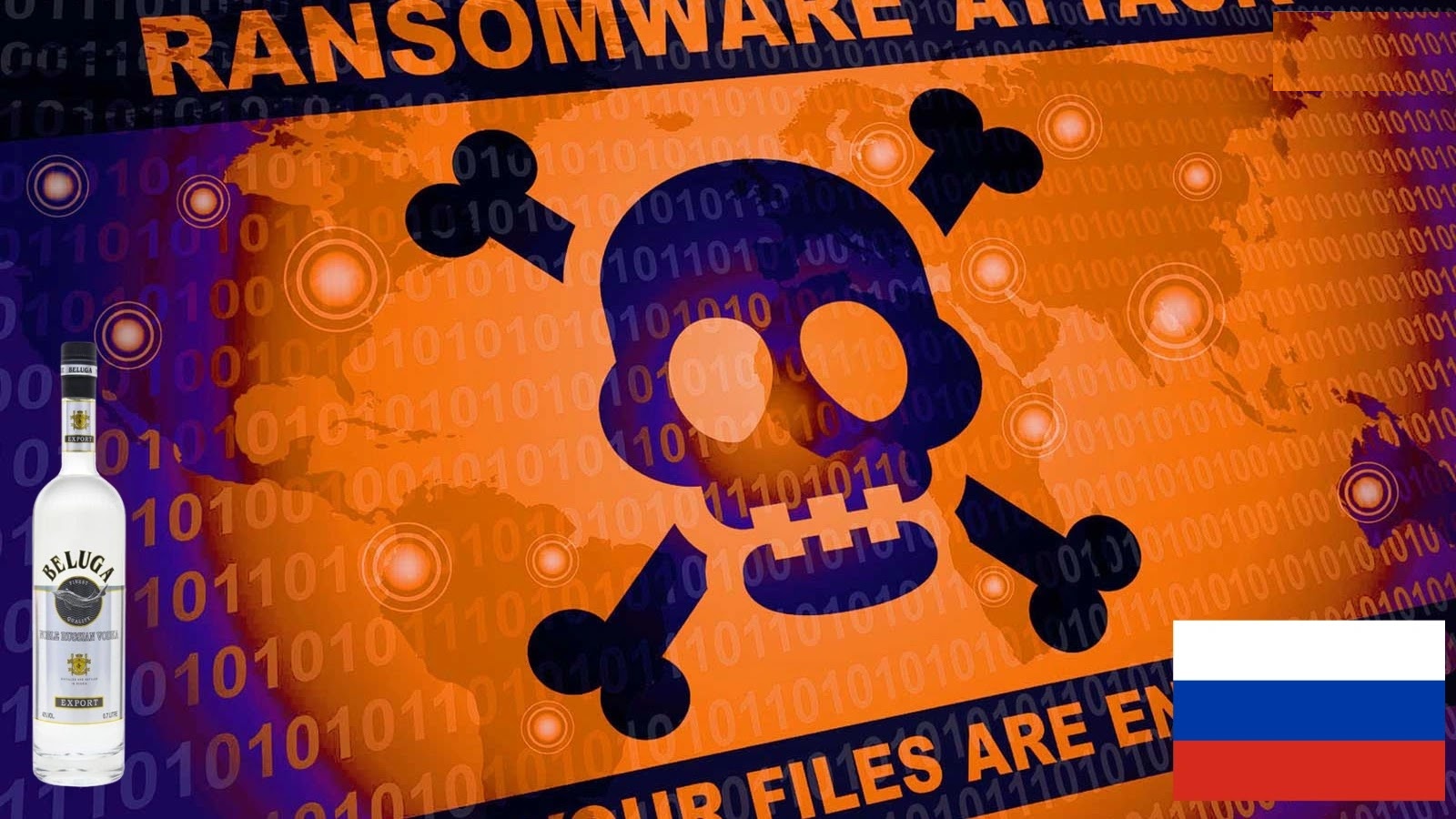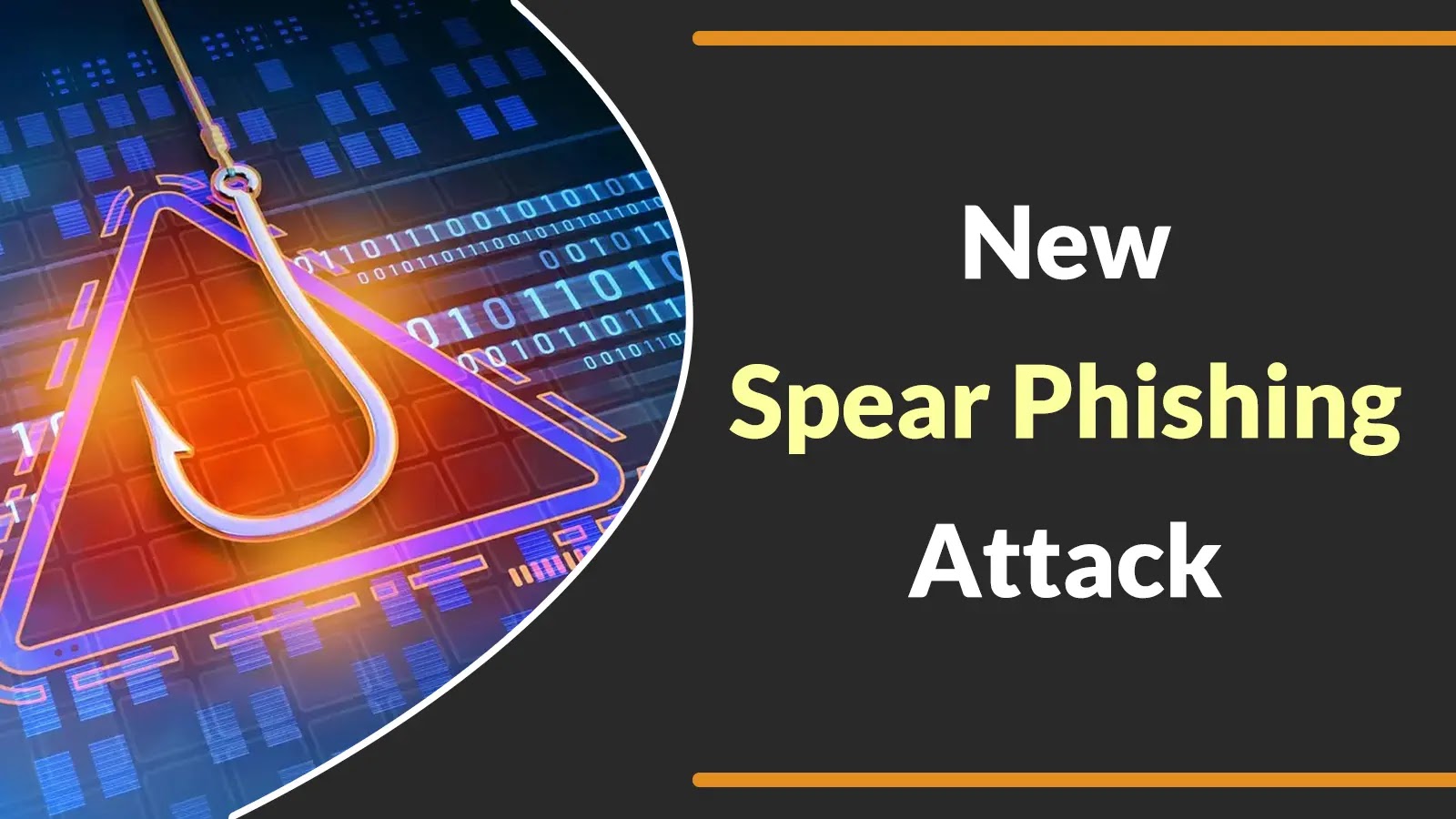On July 14, 2025, Beluga, a prominent Russian premium vodka producer owned by NovaBev Group, experienced a significant ransomware attack that severely disrupted its IT infrastructure and operational capabilities. This incident highlights the escalating threat of cyberattacks targeting major beverage companies and underscores the critical importance of robust cybersecurity measures.
The Cyberattack and Its Immediate Impact
NovaBev Group described the event as an unprecedented cyberattack involving large-scale, coordinated actions by sophisticated threat actors. The attack led to the temporary disruption of critical IT infrastructure components, affecting the availability of multiple services and operational tools across both NovaBev Group and its subsidiary, WineLab. This disruption suggests that the attackers employed advanced persistent threat (APT) techniques, potentially utilizing zero-day exploits or sophisticated social engineering methods to breach the company’s cybersecurity defenses.
Company’s Response and Stance on Ransom Demands
Despite receiving direct contact from the cybercriminals demanding monetary compensation, NovaBev Group maintained its principled position of refusing any interaction with the threat actors. This decision aligns with cybersecurity best practices and law enforcement recommendations, as paying ransoms often fails to guarantee data recovery and may fund further criminal activities.
The company’s IT security team initiated round-the-clock incident response procedures, implementing containment strategies and recovery protocols. To expedite the remediation process, external cybersecurity experts were engaged to conduct forensic analysis and assist with system restoration efforts. This approach typically involves deploying specialized incident response teams skilled in malware analysis, network forensics, and digital evidence preservation.
Assessment of Data Compromise
Preliminary investigations indicated that customer personal data may not have been compromised during the security incident, though comprehensive forensic analysis remains ongoing. This assessment likely involves examining system logs, network traffic patterns, and data exfiltration indicators to determine the full scope of potential data exposure.
Broader Implications and Industry Context
This attack underscores the growing sophistication and aggressiveness of cybercriminal operations targeting enterprise environments. NovaBev Group, which had previously implemented robust cybersecurity measures including daily monitoring, vulnerability remediation protocols, and employee security training, had successfully repelled previous attack attempts. However, the evolving threat landscape requires continuous adaptation of security architectures and threat detection capabilities.
The incident also highlights a concerning trend in the beverage industry. In August 2024, Stoli Group USA and Kentucky Owl, U.S.-based subsidiaries of the Luxembourg-based vodka manufacturer Stoli Group, filed for Chapter 11 bankruptcy following a ransomware attack that disrupted their operations. The August 2024 attack on Stoli Group reportedly prevented the U.S. subsidiaries from complying with their lenders’ reporting requirements, contributing to their financial distress. ([scworld.com](https://www.scworld.com/news/stoli-group-usa-files-for-bankruptcy-after-ransomware-attack?utm_source=openai))
Lessons Learned and Future Measures
The Beluga incident serves as a stark reminder of the critical importance of comprehensive backup strategies, network segmentation, and advanced threat detection systems in safeguarding against ransomware attacks. Organizations must prioritize regular data backups, invest in cybersecurity tools, train employees on cybersecurity practices, develop incident response plans, and limit access privileges to mitigate such risks. ([securitdata.ca](https://securitdata.ca/blog/lessons-from-the-stoli-ransomware-attack-why-cybersecurity-is-critical-for-smbs/?utm_source=openai))
As cyber threats continue to evolve, companies in the beverage industry and beyond must remain vigilant and proactive in their cybersecurity efforts to protect their operations, data, and reputations.



